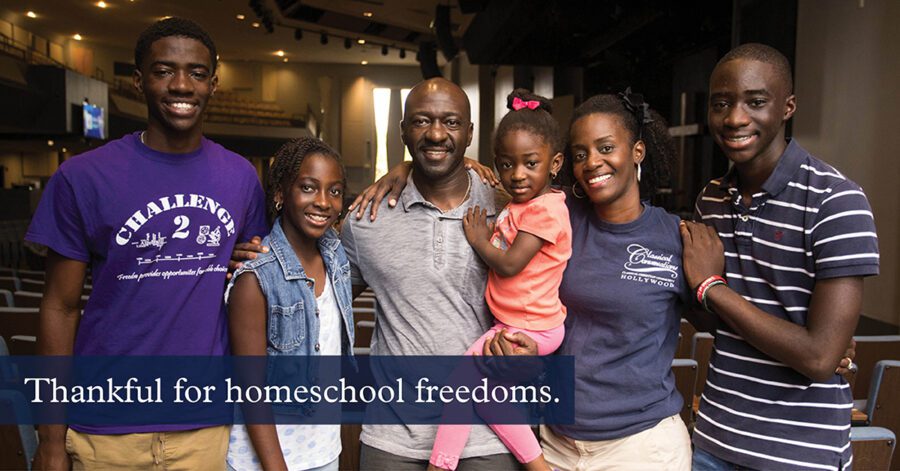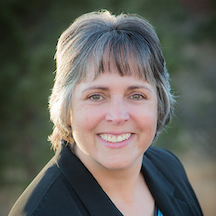By Jennifer Bright
As contentious school board meetings were publicized in Virginia, I pondered about what was happening in my local area and what the schools were ‘really’ teaching. I started watching my local board meetings online to see the hot topics like library books, new curricula, charter schools, etc. For background, my community is one of the wealthier, conservative parishes with some of the best public schools. With the top schools, my area also has the largest number of homeschoolers in the state.
In addition to this, I wasn’t surprised to see inconspicuous, redefined language regarding social-emotional learning in the curriculum. So, I took a closer look at a few curriculum companies that my local school district uses:
Amplify Science
In early 2023, the local school board adopted a new science curriculum, Amplify Science. I did a quick search online to learn more about the company. From their website:
“Our goal is to make education, and thereby the world, more equitable and accessible… To do this, we hire and develop people with the broadest range of talents, life stories and experiences, and together we build a diverse and inclusive culture”.1
There are a few words that stick out: equitable, accessible, diverse, and inclusive. This is, on the surface DEI curriculum.
FranklinCovey Company: Leader in Me
Another curriculum company adopted this year by my local public schools is Leader in Me by the FranklinCovey company. Here is what the company says about itself:
“Inclusion is a core value at FranklinCovey. We know that building an inclusive work culture in which everyone is valued and respected contributes to our success. Our content and solutions encourage inclusion and embracing and celebrating different backgrounds, perspectives, and identities.
As a company, we prohibit discrimination as it relates to race, national or ethnic origin, sex, sexual orientation, gender identity and/or expression, education, disability status, socioeconomic status, religion, or any other characteristic… We are committed to serving our customers with respect and helping them improve their individual, team, and organizational performance to achieve extraordinary results and lasting change.” 2… FranklinCovey works with clients every day to steward diversity, equity, and inclusion initiatives bolstered by our learning programs… Diversity, Equity, and Inclusion are in strong alignment with FranklinCovey’s core mission and values.”3
Do we not see those same words of diversity, inclusion, and equity (DEI) here as well? And the FranklinCovey company is committed to stewarding DEI in its learning programs, like Leader in Me.4
FranklinCovey company is very clear that they are proudly proclaiming DEI, CRT, and the alphabet mess.
Great Minds: Eureka Math
As a final test case, a popular math curriculum used by many schools around the country, as well as in my local public schools, is Eureka Math2; This math program states in its overview, “designed to advance equity in the math classroom.”5
In the Friday, Oct. 4, 2019 press release from Great Minds, they share “how its math and English language arts curricula integrate social and emotional learning into their core instruction.”
“Eureka Math® (PK–12) and Wit & Wisdom® (K–8) each foster the development of the five core competencies from the Collaborative for Academic, Social, and Emotional Learning (CASEL): self-awareness, social awareness, self-management, relationship skills, and responsible decision-making. The analyses explain how each curriculum aligns with the competencies and research, showing why the competencies are important to student development and academic learning.”6
This company was not as easy to identify if they were using CRT or committed to DEI. It is like a blip on a radar screen that is warning us that something is coming but not sure if it is a friend or foe. So, as a classically educated person, let’s define the terms:
What is Social Emotional Learning?
Social Emotional Learning (SEL) “is a systemic approach that emphasizes the importance of establishing equitable learning environments and coordinating practices across key settings of classrooms, schools, families, and communities to enhance all students’ social, emotional, and academic learning.”7
“Inequities based on race, ethnicity, class, language, gender identity, sexual orientation, and other factors are deeply ingrained in the vast majority of these systems and impact student and adult social, emotional, and academic learning. While SEL alone will not solve longstanding and deep-seated inequities in the education system, it can create the conditions needed for individuals and schools to examine and interrupt inequitable policies and practices, create more inclusive learning environments, and reveal and nurture the interests and assets of all individuals.”8
Is SEL a Trojan Horse for Critical Race Theory?
From a 2021 article, the Washington Examiner said social-emotional learning is a “Trojan horse” for both critical race theory and transgender advocacy being introduced and propagated in public schools. It is also being referred to as a “new variant of the “CRT-virus,” and “SEL education pipeline.”
Critical Race Theory (CRT) has evolved into a Social and Emotional Learning curriculum (SEL) known as Diversity, Equity, and Inclusion (DEI). This has crept into our public school systems through its school curricula via teacher training programs. Words like “equity,” “social justice,” “diversity and inclusion,” and “culturally responsive teaching” sound harmless and pleasing, but their actual definitions are different than what they commonly mean.9
My local school district banned Critical Race theory from being taught in public schools. I am not so sure. So what are your local schools ‘really’ teaching?
Engage and Educate
We can’t just do internet searches on DEI and CRT and expect to find everything anymore. The enemy always appears as an angel of light, shifting its language to accomplish its goals. This is just scratching the surface of the cultural battle raging around us. Parents, we need to be sober and attentive to what curriculum providers are promoting. Do they align with our Christian values and beliefs?
We need to engage the culture, stand firm, and choose to educate in the Truth!
Classical Conversations has created a new math curriculum that is classical in pedagogy, with a Christian worldview, to teach and disciple our children in the Truth. Check it out!
To learn more about the difference between equality and equity, read our recent blog.

Jennifer Bright is the Communication Manager for Research and Quality Assurance for Classical Conversations. Jennifer’s passions are classical Christian education and discipling the next generation to live for Christ. She supports homeschool families by tutoring their students with the classical tools of learning. Jennifer and her husband began their homeschool journey almost 20 years ago in Russia while serving as missionaries, and currently, they reside in Covington, Louisiana.
- “DEIA Statement”. Amplify. Retrieved 18th December 2023 ↩︎
- “Commitment to Diversity”. Franklin Covey. Retrieved 18th December 2023 ↩︎
- “Commitment to Diversity”. Franklin Covey. Retrieved 18th December 2023 ↩︎
- “Commitment to Diversity”. Franklin Covey. Retrieved 18th December 2023 ↩︎
- “Eureka Math Squared”. Great Minds. Retrieved 18th December 2023 ↩︎
- Colby, Chad. “Great Minds Curricula Integrate Social Emotional Learning with Instruction”. Great Minds. October 4, 2019. Retrieved 18th December 2023 ↩︎
- “Fundamentals of SEL—What is the Casel Framework”. CASEL. Retrieved 18th December 2023 ↩︎
- “Fundamentals of SEL—What is the Casel Framework”. CASEL. Retrieved 18th December 2023 ↩︎
- “Letter: The Failing Acronyms of CRT DEI and SEL”. Orange Town News. September 28, 2023. Retrieved 18th December 2023 ↩︎


















